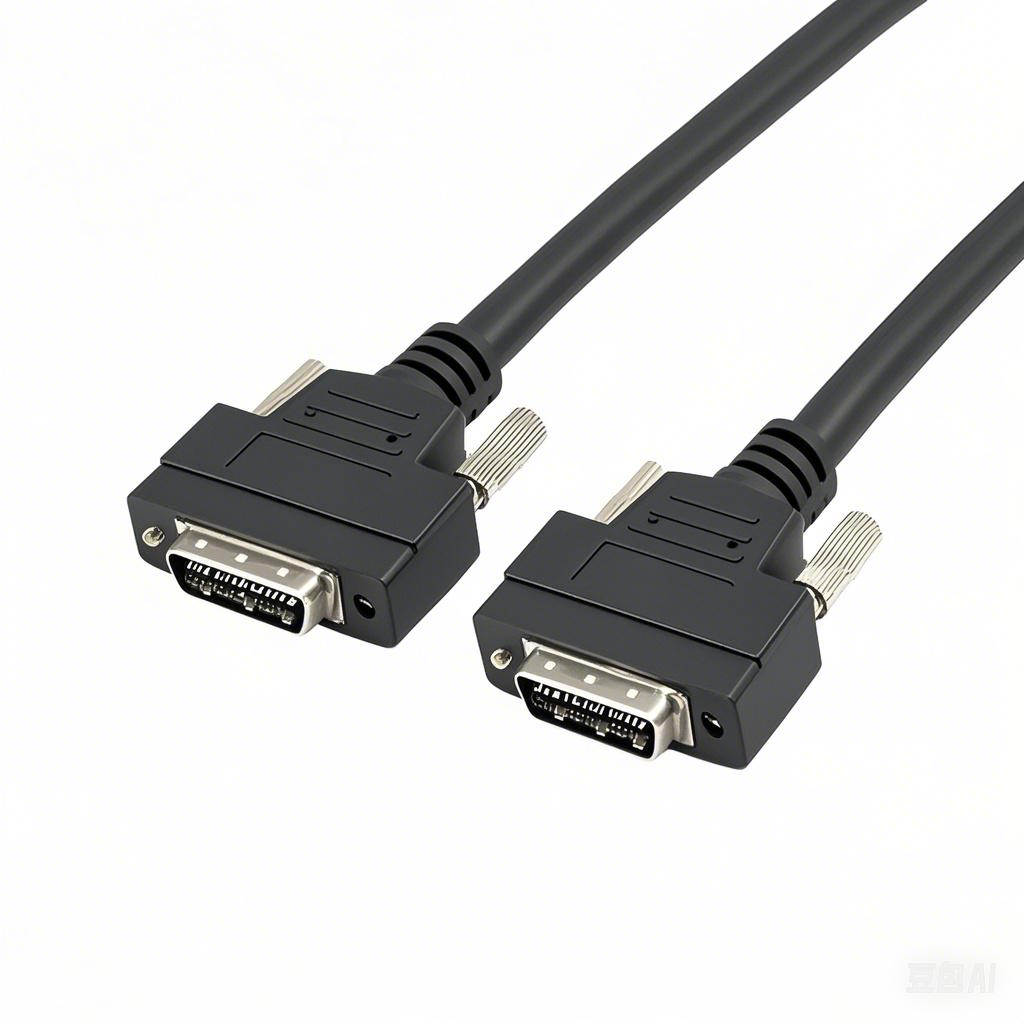What is a machine cable used for
A machine cable, often referred to as an industrial machine cable, is a specialized type of electrical cable designed to transmit power, signals, or data within and between various types of machinery and industrial equipment. Its construction is tailored to withstand the harsh conditions commonly found in industrial environments, such as extreme temperatures, mechanical stress, oil exposure, and abrasion. But what exactly is it used for? Let’s break down its key applications.
Power Transmission in Heavy Machinery
One of the primary functions of a machine cable is to deliver electrical power to heavy-duty machinery. This includes equipment like manufacturing robots, conveyor systems, hydraulic presses, and industrial pumps. These machines require a reliable and consistent power supply to operate efficiently, and machine cables are engineered to handle high current loads without overheating or losing conductivity. Unlike standard cables, they are insulated with materials like cross-linked polyethylene (XLPE) or ethylene propylene diene monomer (EPDM), which resist heat and ensure safe power transfer even in continuous operation.
Signal and Data Transfer in Automated Systems
In modern industrial settings, automation relies heavily on the seamless transfer of signals and data between components. Machine cables play a critical role here, connecting sensors, controllers, and actuators within automated systems. For example, in a smart factory, machine cables transmit real-time data from proximity sensors on a production line to a central control unit, which then adjusts the machinery’s operations accordingly. These cables are often shielded to prevent electromagnetic interference (EMI) from nearby equipment, ensuring that signals remain accurate and uninterrupted—vital for maintaining precision in processes like robotic assembly or quality control scanning.
Connecting Moving Parts in Dynamic Machinery
Many industrial machines have moving parts, such as robotic arms that pivot, or CNC machines with sliding components. Machine cables are designed to flex and bend repeatedly without sustaining damage, making them ideal for these dynamic applications. They are constructed with flexible conductors (often made of stranded copper) and durable outer jackets (like polyurethane) that can withstand constant motion, twisting, and bending. This flexibility ensures that power and signals continue to flow even as parts of the machine move, preventing downtime due to cable failure.
Withstanding Harsh Industrial Environments
Beyond their functional roles in power and data transfer, machine cables are used to ensure reliability in tough conditions. Factories, construction sites, and mining operations expose cables to oil, chemicals, dust, and moisture. Machine cables are resistant to these elements, protecting the internal conductors and maintaining performance. For instance, in a food processing plant, cables with food-grade jackets prevent contamination while withstanding frequent washdowns with water and cleaning agents.
Custom Applications in Specialized Machinery
Machine cables are also customized for use in specialized equipment. Medical devices like MRI machines require cables that are non-magnetic and resistant to radiation. Renewable energy systems, such as wind turbines and solar panel trackers, use machine cables that can endure outdoor weather conditions, including UV radiation and extreme temperature fluctuations. In each case, the cable’s design—from its conductor size to its insulation and shielding—is tailored to the specific needs of the machinery.
In summary, a machine cable is a workhorse in industrial and mechanical settings, enabling power delivery, signal transmission, and reliable operation even in the most demanding environments. Its ability to adapt to dynamic movements, resist harsh elements, and support automation makes it indispensable for keeping modern machinery running efficiently.











